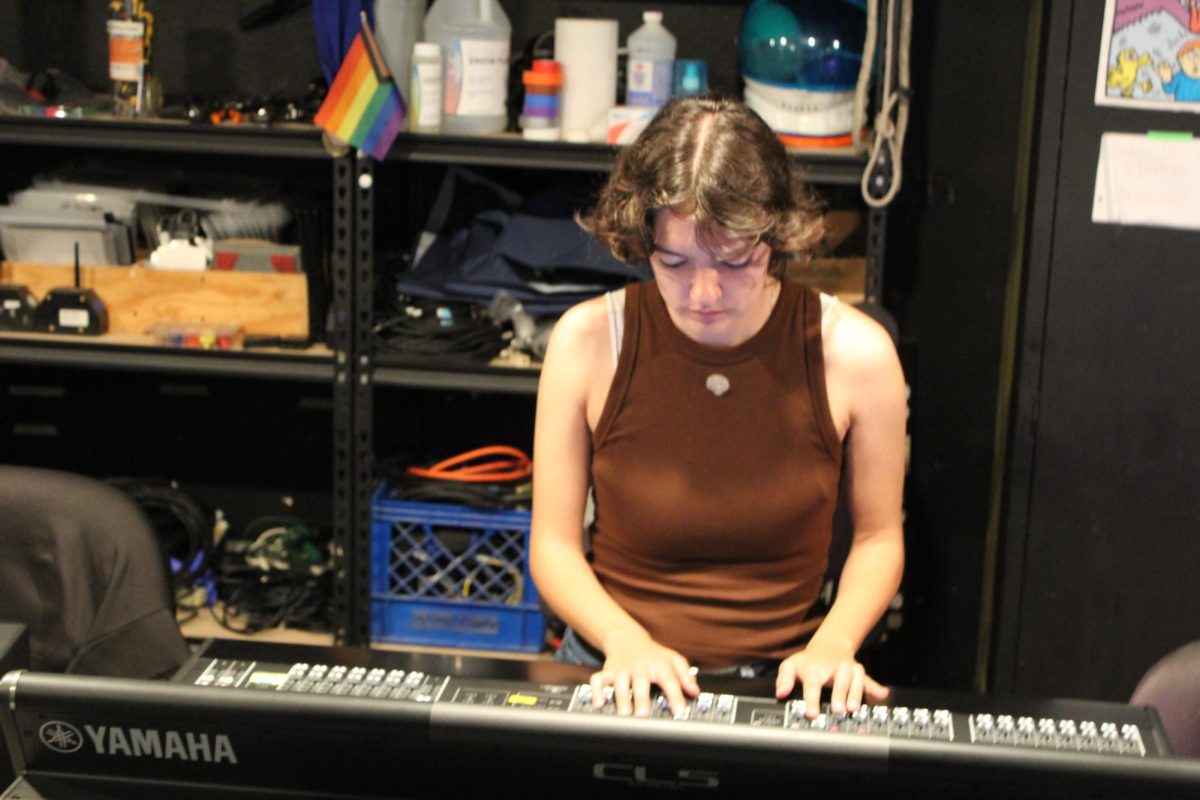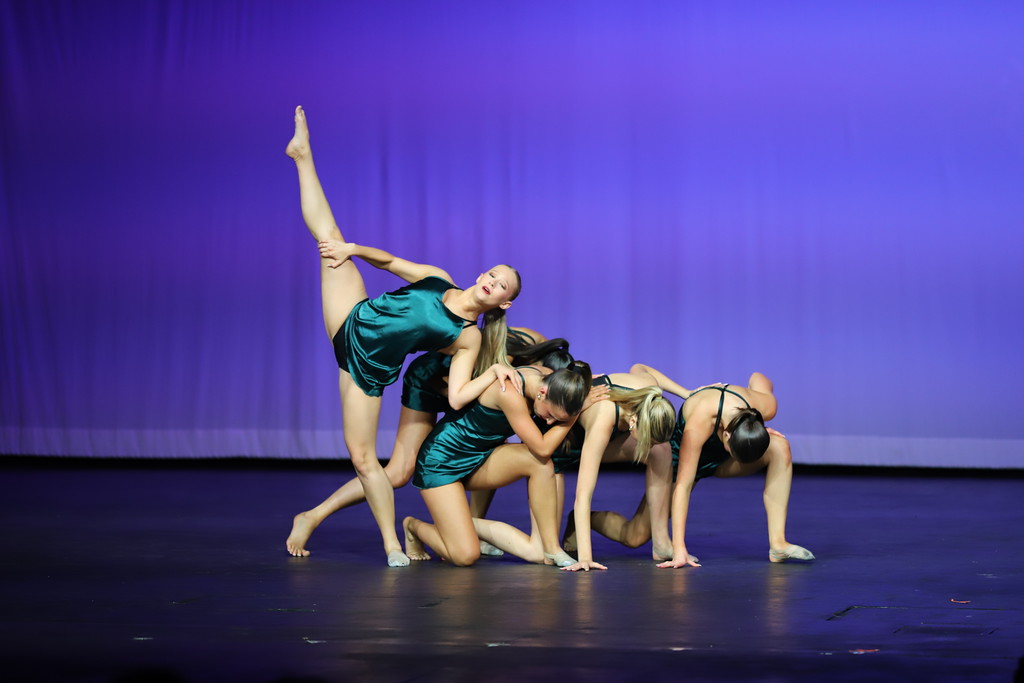Embarrassment is a universal human experience, often filling one with an overwhelming desire to disappear or escape. However, lately, I’ve been noticing faults in this emotion, finding that my own embarrassment is often the result of overthinking. This discovery made me believe that embarrassment is not an instinctual response; it’s a social construct created by cultural norms, societal expectations, and stereotypes.
The journey to this realization started a couple years ago when I began stepping out of my comfort zone, trying out different hobbies like ice skating and swimming. Of course, even the thought of putting myself out there was daunting. I couldn’t help but compare myself and my progress to the 6-year-olds effortlessly showcasing skills far more advanced than mine.
I vividly remember how I felt the first time I was able to skate backwards in ice-skating class: the warmth of triumph beaming from my smile. When I immediately noticed a child next to me doing a complex axel jump, my pride faded away. Similar things happened in swimming class, I was always kept in the lanes with the younger kids and I always gazed at the farther lanes in awe. But eventually, once I became more comfortable with myself, I came upon the realization that my initial feelings of fear and embarrassment were all unnecessary.
I noticed this behavior of the struggle to fit in within other aspects of my life as well, from fashion to micro mannerisms. On TikTok, the ‘clean girl’ lifestyle or the ‘influencer’ aesthetic has been popularized. These socially acceptable trends have combined to become a shared culture that society strictly follows. Stepping out of these norms creates fear, embarrassment, and eventually, the returning to old routines.
A singer who has recently gained attention on social media is Chappell Roan, who expresses herself through her flamboyant fashion style. However, because her style is outside of the norm, she has received much hate and judgment. Despite the backlash, she chose not to submit to criticism. By fighting against the norm, she is a prime example of defying embarrassment, allowing herself to feel joy through self-expression.
I believe that embarrassment is not an innate reaction but a learned one. People internalize social prejudice and tediously choose what behaviors are appropriate or inappropriate, and when they break those rules, they feel embarrassment as a consequence.
Recognizing that embarrassment is oftentimes a social construct has helped me become a more open person and has introduced me to a myriad of things that I would’ve never tried before. I learned to no longer compare myself to the 6-year-olds and proudly participate in my hobbies whether or not I felt advanced enough.
Understanding the reason behind these feelings allowed me to fight that initial reaction of receding back to what I was comfortable with. By questioning why I feel embarrassment, I was able to rebuild my individuality.





